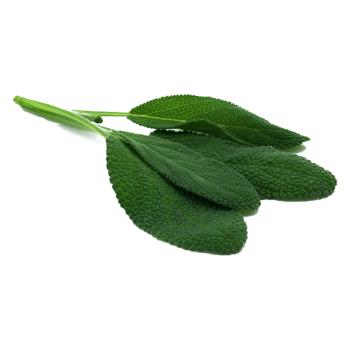
Appreciated because it adds flavor to many dishes and digestibility to fatty meats. Usually it is considered useless to accompany it with other aromas, as its strong scent is predominant over the other aromas. Ideal for flavoring butter or vinegar.
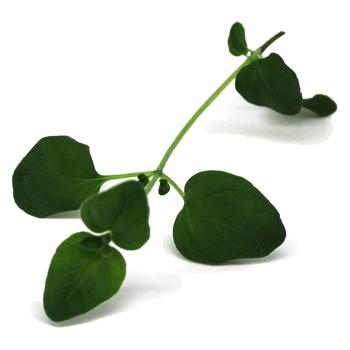
Typical Mediterranean plant that lives in full sun and produces small pink flowers in the shape of panicles. The plant exudes a strong aroma that is appreciated in the cuisine of southern Italy and in particular on pizza. The essential oils give the plant antiseptic, analgesic and tonic properties.
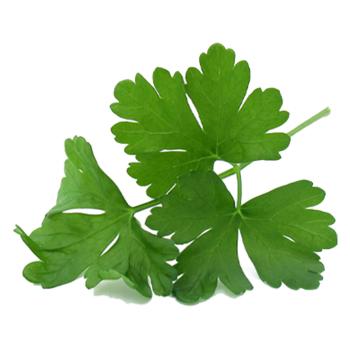
It has aromatic properties such as to improve and revive the flavor and aroma of other herbs and spices and even of the food with which it is combined. Perfect when used with meat and fish in almost all preparations, the important thing is to insert it at the end of cooking so as to maintain the aroma unchanged.
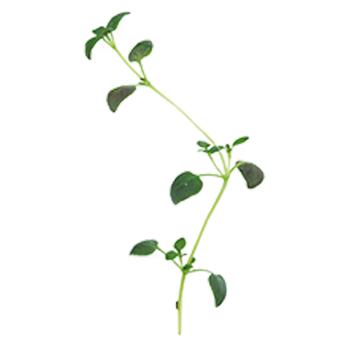
Its strongly odorous leaves contain essential oils that have antibacterial, digestive, diuretic, balsamic and carminative properties. In addition to health purposes in the past it was also used during religious services: the twigs were burned for their characteristic scent. In the kitchen it is perfect for delicious first courses or second courses of fish or pork.
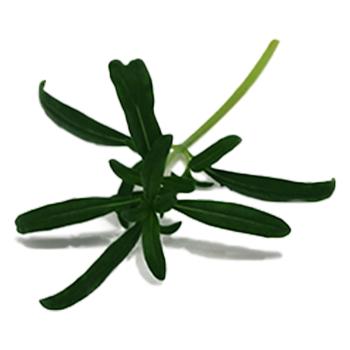
Because of its remarkable taste, tarragon is an excellent substitute for salt and spicy spices. It has narrow, elongated leaves that give off a very intense aroma: indefinable, fragrant, but at the same time delicate, peppery, between aniseed and celery and is enhanced with cooking, so use it with caution.